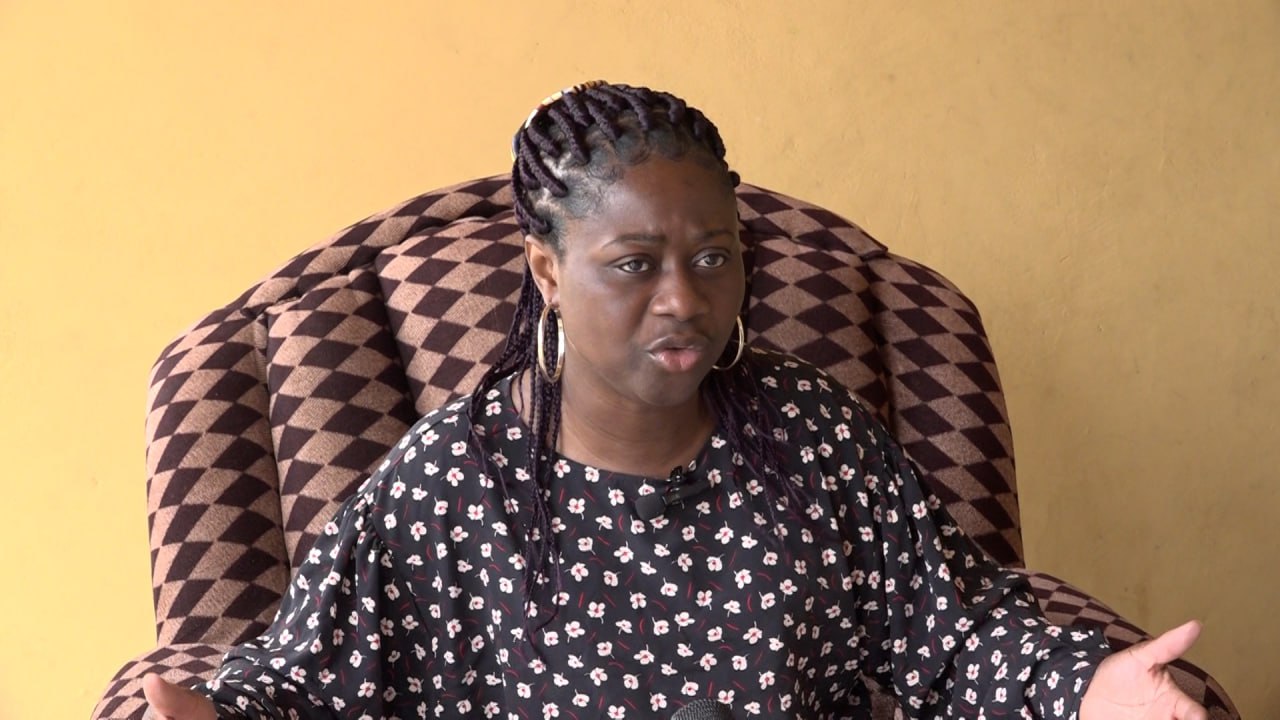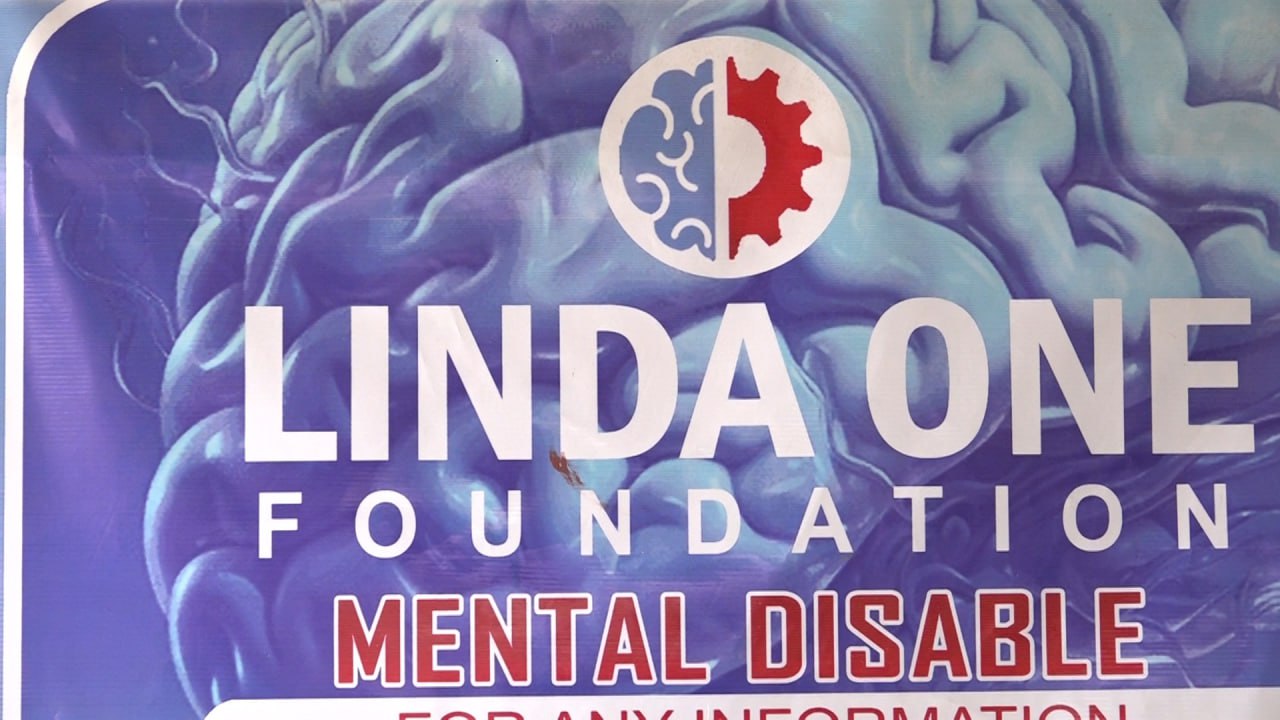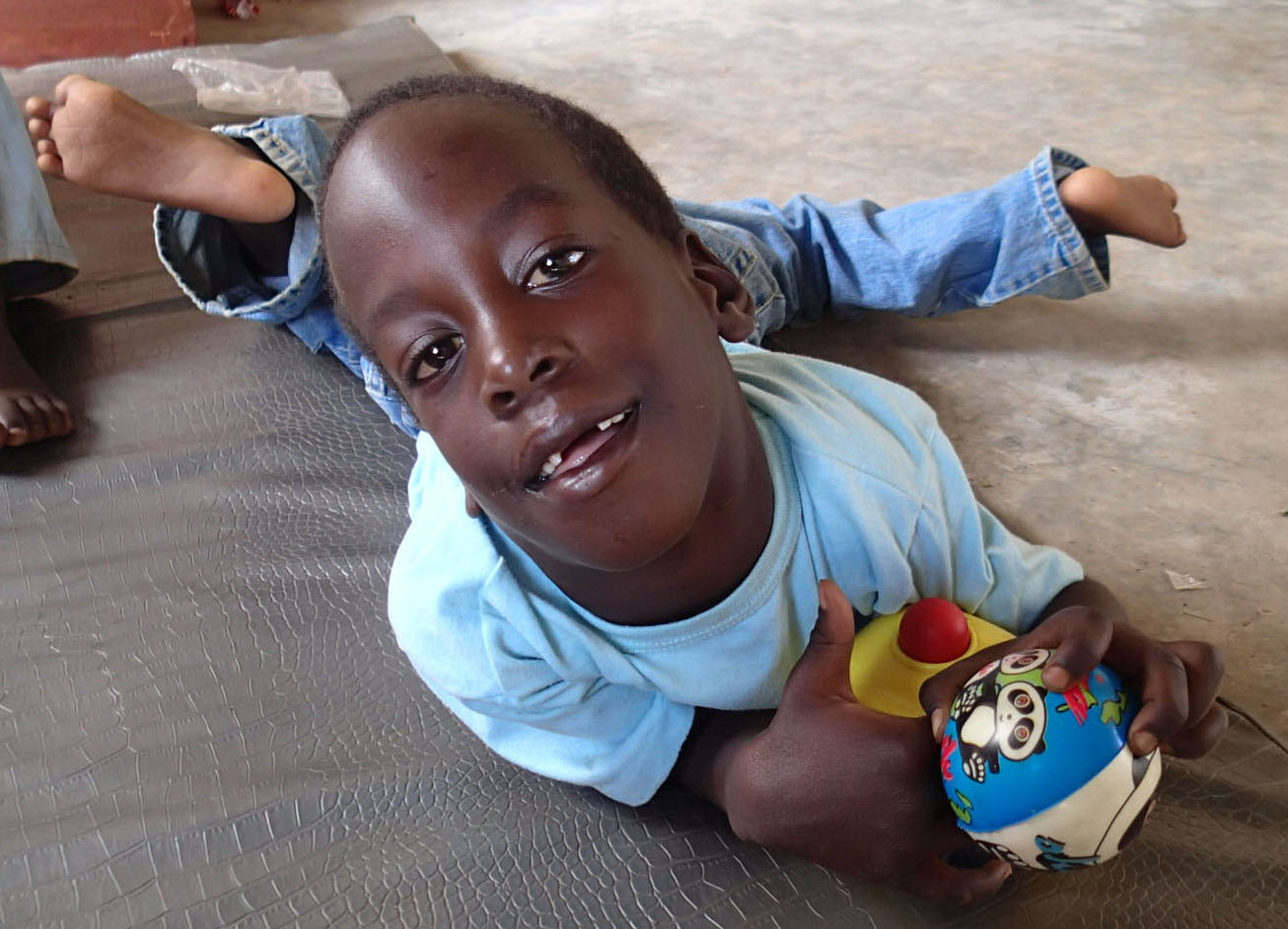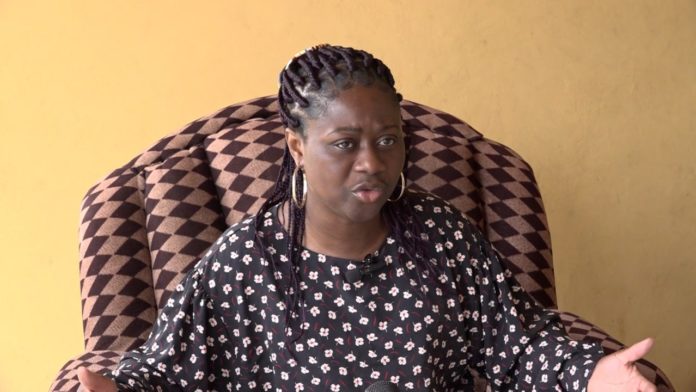Hypotonia, a condition characterised by decreased muscle tone, can present significant challenges for those who live with it, often being regarded as a disability. Its effects on daily life can be profound, with individuals struggling to perform everyday tasks.

In addition to general muscle weakness, hypotonia can result in hip, jaw, and neck dislocations, making physical activities more strenuous.
Some children with hypotonia may even face difficulties with feeding, due to their inability to suck or chew for extended periods. The condition may also lead to speech problems and shallow breathing.

In light of these challenges, Ms. Linda Asare, the Chief Executive Officer (CEO) of the Linda One Foundation, an arm of the Appendices Association in France, has called on parents not to stigmatise children born with hypotonia.
“Parents living with hypotonic infants should not see them as cursed,” Ms. Asare emphasised during a recent public address.

She encouraged parents to approach the condition with understanding and patience, explaining that, with the right support, many children with hypotonia can lead fulfilling lives.
According to her, infants with hypotonia require a significant amount of stimulation to help them develop their muscles properly.
“Most babies with hypotonia will require a lot of stimulation in order to use their muscles in the appropriate way,” she said.

As they grow older, specific exercises, designed to improve posture, coordination, and muscle strength, will be crucial to their progress.
“The focus of management is to facilitate the development of the child’s optimal motor or movement patterns whilst building strength,” she added.
Ms. Asare pointed out that children with hypotonia have the same desire to move and play as other children, but their low muscle tone causes them to tire quickly.
“Children with hypotonia have the desire to move, just as any other child, but the movements sap their energy, and they easily become tired after a brief period of activity,” she explained.
She advised parents to be mindful of this, encouraging their children without overburdening them. “It’s essential for parents and caregivers to understand this and encourage the child to go the extra mile, but also they should allow the child to take rest in between activities,” she advised.
She also warned against the harmful practice of criticising children with hypotonia for their limitations. “Criticising or calling the child ‘lazy’ only places undue pressure on the child,” Ms. Asare stressed.
In her closing remarks, Ms. Asare urged pregnant women to prioritise regular medical check-ups to monitor the health of their unborn children.
She cautioned against lifestyle habits such as excessive alcohol consumption and the inhalation of harmful substances, which can adversely affect a child’s development in the womb. “Excessive intake of alcohol and inhaling bad substances can affect the child in the womb,” she warned.
Additionally, Ms. Asare called on philanthropists to consider directing their donations to families dealing with hypotonia rather than solely focusing on other groups. “Philanthropists should donate to such people rather than donating to widows who can work and earn a living,” she concluded.
Nana Yaw Owusu/Ashanti Region.





